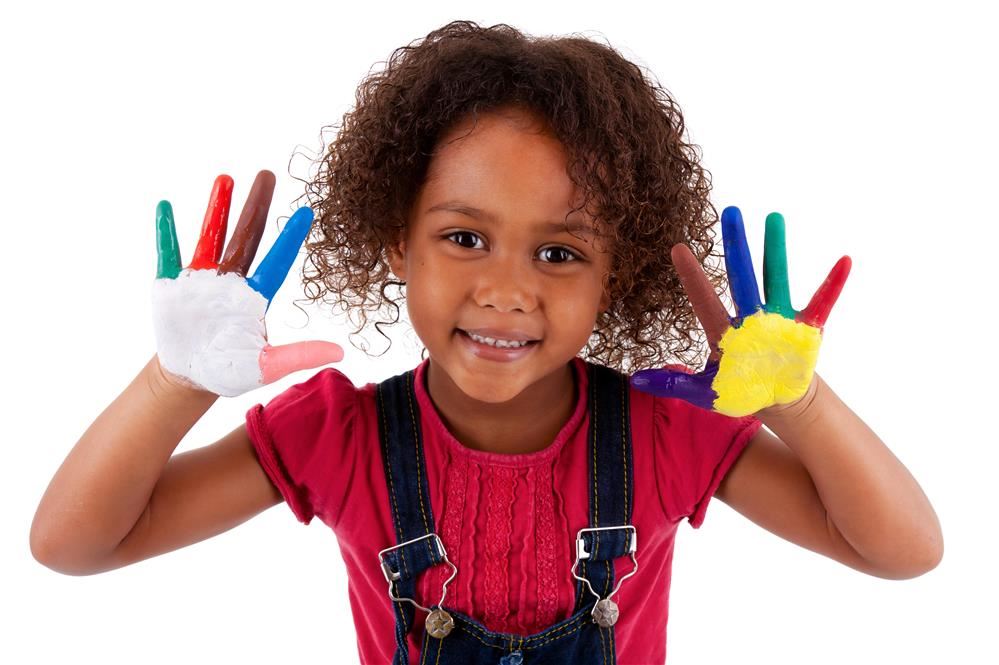by Jacque Daughtry
While you may be pondering this article’s title, it is a stark reality that workforce development, and thus, your child’s first job, begins before they even enter Kindergarten.
Houston is the most diverse city in our country, filled with amazing people; a wide variety of job opportunities; multiple institutions of higher learning; top-rated hospitals, fine arts venues, and entertainment. However, we are not immune to a crisis, be it hurricanes, floods, and now, the pandemic.
Houstonians are famous for banding together in times of crisis and doing whatever it takes to help their neighbors and strangers. But how do we help if we are not truly aware of the problem? Thousands of children in Houston are reading below their grade level requirements, and the long-term impacts of the ongoing pandemic on education are still unknown. This crisis is real, and it is devastating to thousands of children, particularly those in low-income areas, who will become members of our future workforce.
Workforce development is vital to ensure our city and citizens thrive and achieve a good quality of life. It is even more critical today as future jobs will require increasing levels of post-secondary training. Only 81% of Houston students graduate from high school, and over 70% of 12th graders are not deemed college-ready. Sadly, it means that countless numbers of our fellow Houstonians miss out on many great opportunities, in part because we think of workforce development as only for adults.
In reality, successful workforce development is an early childhood activity centered on reading proficiency by 3rd grade. Consider the following:
Now that we understand the problem, how do we fix it? We band together to empower Houston’s children to succeed now and in the future. Specifically, it comes down to educational equity – giving each student what is needed to achieve their full potential and making sure that personal circumstances are not obstacles to achievement. It means supporting local non-profits working on the frontlines to ensure all children have access to high-quality early childhood education and necessary interventions. You can make a positive social impact by:
- Volunteering
- Hosting book and supply drives and/or donating books and supplies
- Providing financial support
By continuing to learn all we can about Houston’s childhood literacy crisis and getting involved with organizations that are providing real solutions, we can continue to remain Houston Strong.

